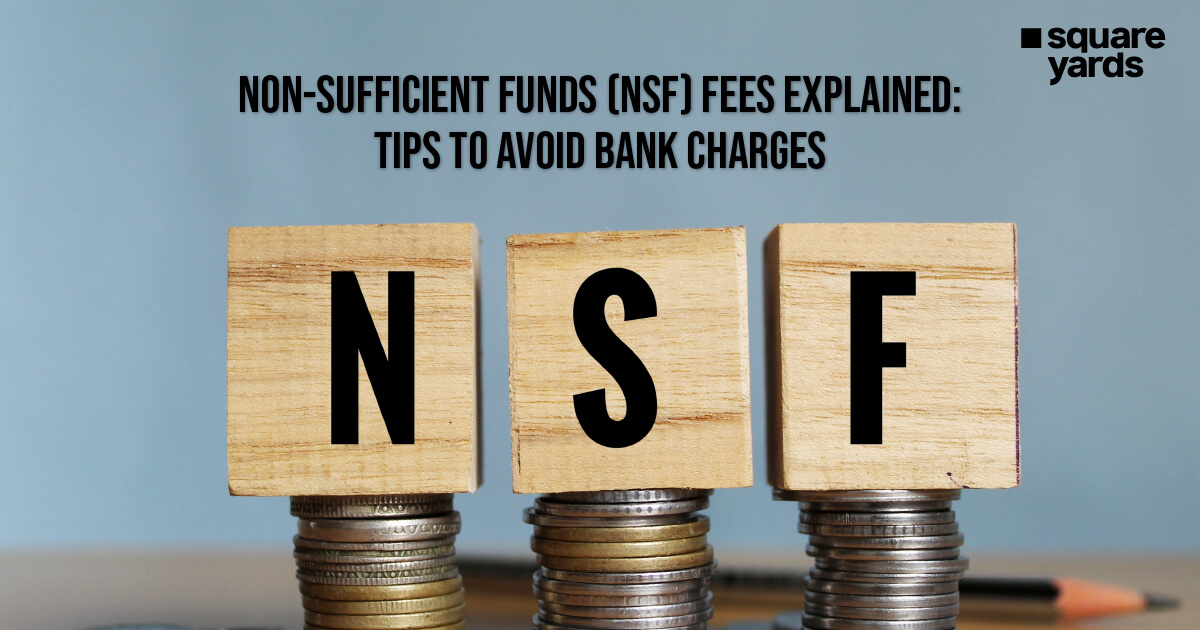Landlords have an important role to play in situations of hot weather in Canada. Landlords in Canada must have clear plans to adapt to the situation and adequately support their tenants in times of need. Canada experienced record-breaking heatwaves in June 2021, with places like Lytton recording temperatures as high as 49.6 °C, leaving almost 130 people dead.
Most of these people were elderly or had some underlying medical conditions. And again, Toronto recorded a new high temperature of 32.1 C in May 2022, with Environment Canada issuing heat warnings. Such incidents are enough to make you understand how living conditions become unbearable during hot weather in Canada, more so because they are used to dealing with cold.
Hence their houses are also equipped to stay warm and cosy even during cold. But, as summer is very short and pleasant, sudden heat waves can leave people unprepared and unsafe. Hence, one must realise the importance of a hot weather plan for landlords in Canada to keep things manageable and bearable.
Getting Ready For Hot Weather in Canada

Here are some of the things you must keep in mind while making a hot weather plan:
-
- The landlords must incorporate the idea of having an air-conditioned common room that can provide respite to all the tenants from the heat turn.
- Ensure that the safety notice for summer heat is displayed properly in a location where all the tenants will notice it. The notice must include important tips to help the tenants bear the hot weather in Canada.
- The landlord’s summer safety notice must properly notify the tenants about the location of cooling rooms and about the closest air-conditioned space that is publicly accessible.
Keeping the details in the hot weather safety notice update is very crucial. This is an important part of the hot weather plan for landlords in Canada. To allow air circulation, the windows in the hallways must be kept open. - At night, fans can be used to draw the cool breeze from outside. But, relying only on fans to face the heat for a long duration will not be a very fruitful decision and can lead to heat-related illness.
- The landlords should designate staff to identify tenants at high risk of heat-related illness. They can do this by paying regular visits or calling the tenants to check on their health.
- Use box fans near or close to the windows to attract the cool breeze.
- Do not use fans in a closed room where doors and windows are closed.
- If the temperature in the room is about 34°C or higher, avoid using the fan as it might create a “convection oven type” condition that is bad for seniors or those under certain medications.
- Just having air-conditioned or cooling rooms in the rented properties will not be enough. Landlords must take the extra initiative to encourage tenants to visit them to lower their body temperature. This will help the tenants from preventing heat-related illnesses.
- Another important job that forms an integral part of the hot weather plan of landlords in Toronto and Canada is that the tenants must know the symptoms of heat-related illness to take the necessary precautions if needed.
- The city of Toronto provides downloadable versions of posters, door hangers, and bookmarks wherein tips for dealing with the hot weather in Canada are mentioned.
Landlords must make good use of these and display them in all common areas to keep tenants informed and aware. Some important tips that the landlords must include in the posters are:- Drinking ample water to stay hydrated even if not thirsty
- Wear loose and breathable clothes and take precautions to cover the head and sensitive areas when stepping outside.
- Avoid stepping out unless necessary
- Always carry an umbrella and shades while stepping out of the house
- Keep the blinds and curtains closed to keep the sunlight out
- Avoid using appliances like ovens, more so if there is no air conditioner in the house or apartment
- Turn off all lights and do not turn on electronics
The Hot Weather Plan – Illnesses Associated with Heat
Extremely hot weather in Canada can make people suffer from hazardous health conditions like heat fainting, heat stroke, heat exhaustion, and heat rash. If not treated on time, these health conditions can become life-threatening.
Hence, it is important to know the symptoms of heat-related illness before it is too late. Some of the symptoms are:-
-
- Nausea or vomiting,
- Fainting or dizziness
- Rapid breathing and fast heartbeat
- Feeling extremely thirsty
- Less urination with colour changing to dark yellow
- Help Tenants Avoid Heat-related illness
How To Give Immediate Relief in Hot Weather

How to give immediate relief to someone facing any of the symptoms mentioned above is also an important part of the hot weather plan in Toronto and the hot weather plan in Canada. Given below are some quick actions that can provide relief to any person witnessing heat-related illness symptoms:-
-
- Ensure the water you give is cool and not chilled
- Immediately move the person to a cooler or shady place
- Remove the extra clothes to allow ease
- The person should bath or get a sponge bath using lukewarm water
- You must call the emergency lines for immediate medical assistance
Identifying High-Risk Tenants
Landlords also need to identify the residents with a high risk of getting affected by heat-related illnesses. This is also integral to the hot weather plans of landlords in Canada.
Some people, or more specifically residents, are at high risk from illness that heatwaves can cause as compared to others. They are:-
-
- Elderly persons
- People already suffering from any chronic illness
- Babies and kids
- People who are exposed to the hot outside condition for a long duration or are involved in heavy physical activities
- People under certain medication
The city of Toronto, understanding the need of the situation, was seen to discuss with the landlords during the hot weather in 2021 to make them realise what was expected of them to do. Like, going by the heat bylaws of Toronto, the landlords are responsible for ensuring that the minimum indoor temperature should be 21°C between September to June.
But, this is where the landlords are needed to use their judgement and turn off the heat during the “shoulder season”, which lasts from September to October and again from May to June.
Heat-related illnesses: Tips for Tenants
Here are some tips that you, as a tenant, can use to avoid heat-related illnesses:
-
- Drink a sufficient amount of cold fluids
- Avoid consuming hot drinks or rich food that are hard to digest
- Avoid stepping outside when the heat is at the most, like during the afternoon
- Avoid continuous physical activities or exercising for long hours
- Take rest in cool, shady places
- Wear light, comfortable clothes and take necessary sun protection accessories to cover your face and head while stepping out of the house during the daytime.
In a Nutshell
What is needed on the part of the landlords is to have a thoughtful hot weather plan that will make things easier and bearable when the hot weather starts to make things worse. A landlord should have a full-fledged hot weather plan in Canada ready beforehand and should not wait for the hot weather to begin and then start necessary actions. This can save the landlords from the last-minute rush to make necessary arrangements to keep their tenants safe and out of danger during heat waves. It will give an idea to the landlords of whom to keep a check during hot weather in Canada to be able to cope with the situation in a prepared manner.
You May Also Read :
| Explore 10 places To Visit in Ontario | Secret Places To Visit in Ontario |
| All About Selling a House With Tenants | Selling a House With Tenants |
| Responsibilities of Landlord in Ontario | Landlord Tenant Act Ontario |
| Layout of Property Sale in Toronto | Property Sale in Toronto |
Frequently Asked Question (FAQs)
Children below 4 years of age and adults aged 65 years and above are most prone to suffer from heat-related illnesses. Also, people with some medical conditions are at risk.
When the outdoor temperature rises on its own for the houses to reach 21°C even without heating, landlords can legally use their judgement and turn room heating off.
Canada experiences the most heat-waves in cities like Windsor, Ontario, Victoria, British Columbia; and Vancouver, British Columbia.
Canada experiences hot weather or heat waves due to a climatic phenomenon known as a heat dome. When hot ocean air gets trapped in the atmosphere like a lid, it causes heat domes.
To stay safe during the hot weather in Canada, one must follow some important tips, like staying indoors, wearing light and airy clothes, drinking plenty of water, keeping a health check, and not ignoring any symptoms of heat-related illness. Who is most likely to suffer from heat-related illness
When are landlords asked to turn off the heat?
Which areas in Canada face the most heat waves, and when do they occur?
What causes heat waves to lead to hot weather in Canada?
How can I stay safe in the hot weather in Canada?



































